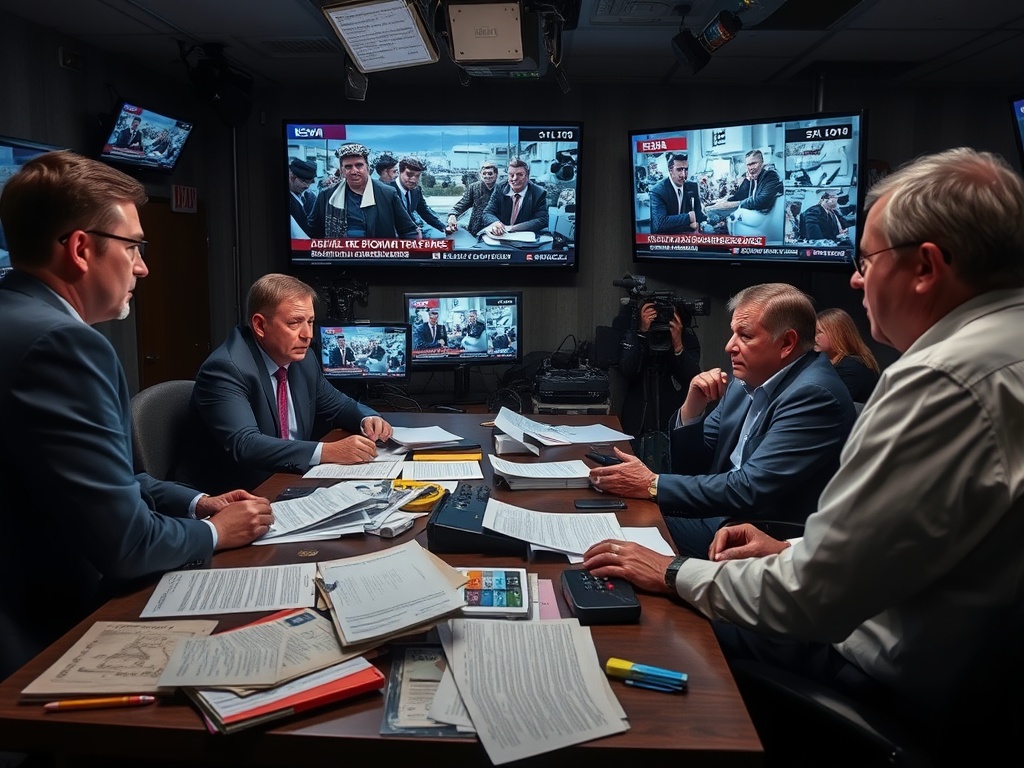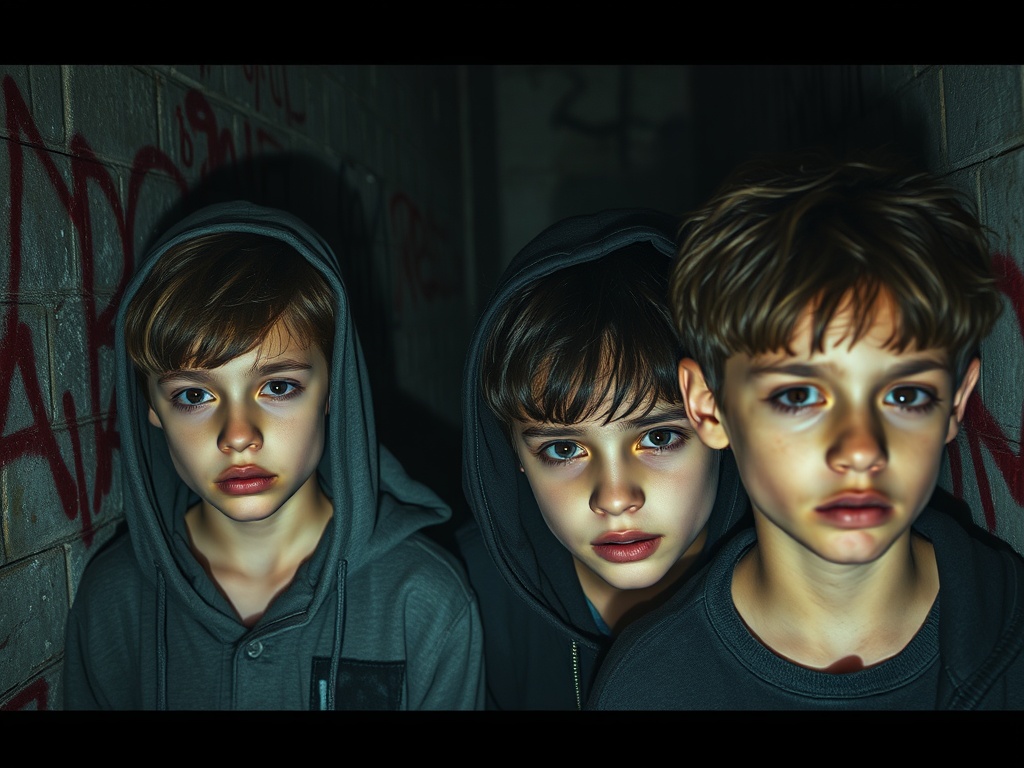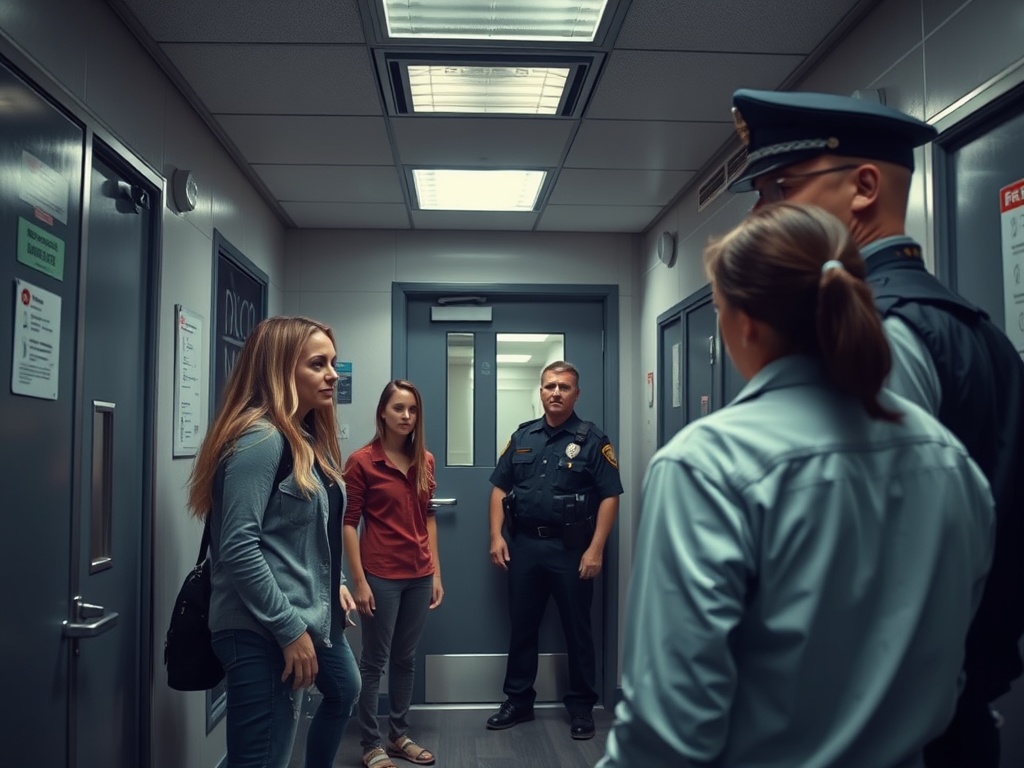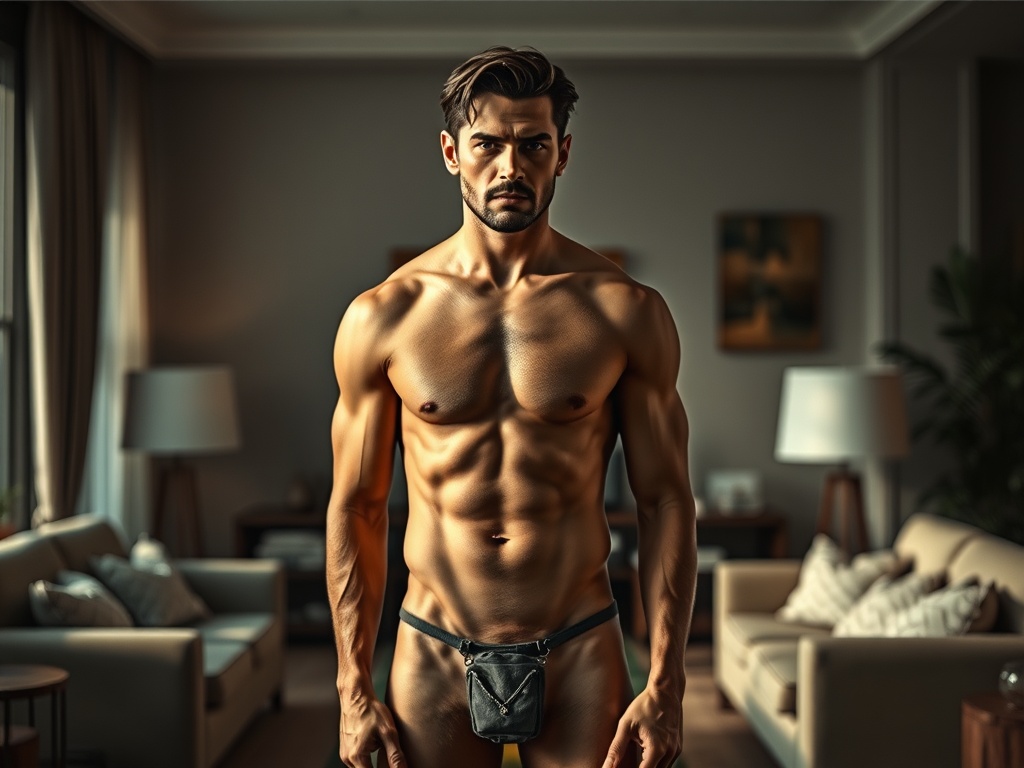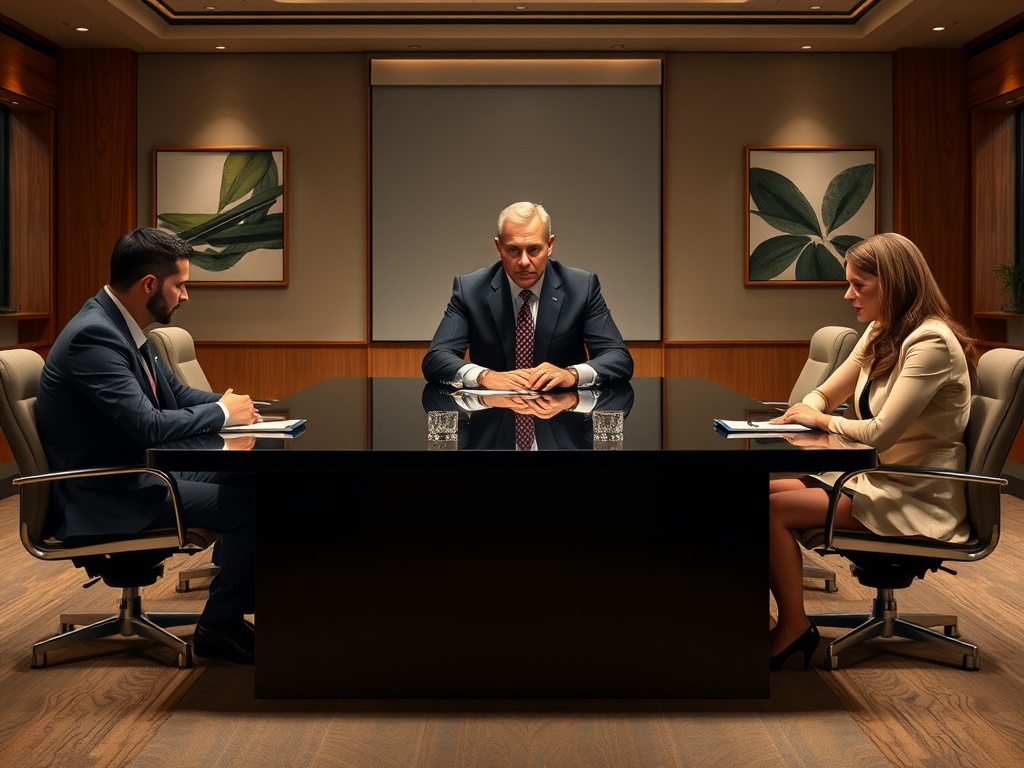BBC Faces Major Reputation Crisis Over Controversial Gaza Documentary
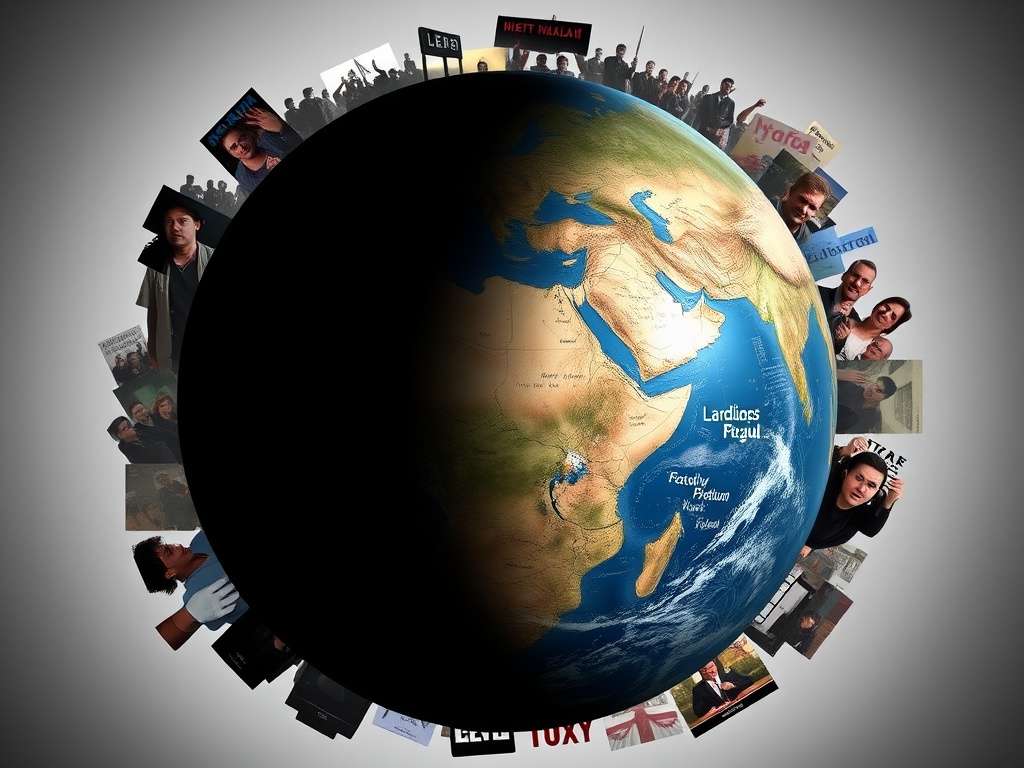
The BBC is grappling with a significant crisis concerning its reputation after it was compelled to remove a contentious documentary titled Gaza: How To Survive A Warzone from its iPlayer platform. The documentary features the son of a Hamas minister, raising serious ethical concerns. A former senior executive at the BBC commented that this incident represents a considerable challenge for the corporation’s credibility.
Originally aired on Monday at 9 PM on BBC Two, the documentary has now been taken down while the BBC conducts “further due diligence” with the production company involved. This decision followed revelations that the child narrator, Abdullah Al-Yazouri, is the son of Ayman Alyazouri, who has served as Hamas’s deputy minister of agriculture. Upon this discovery, the BBC issued an apology and subsequently added a disclaimer to the program.
Further allegations have surfaced regarding the documentary, including claims that other children portrayed were also linked to the militant group Hamas. On its clarifications and corrections page, the BBC stated: “Gaza: How To Survive A Warzone features important stories we believe should be told—those of the experiences of children in Gaza.” They continued, “There have been ongoing questions raised about the program, and in light of these, we are conducting further due diligence with the production company. The program will not be available on iPlayer while this process is underway.”
The film was produced by London-based Hoyo Films, which had previously collaborated with the BBC on the documentary Ukraine: Enemy In The Woods. Lisa Nandy, the culture secretary, indicated that she would address the program’s content with the BBC’s director-general as part of discussions surrounding the broadcaster’s coverage of the Israel-Hamas conflict. This came after 45 prominent Jewish figures from the realms of television, film, and media—among them former BBC Television director Danny Cohen—called for the documentary’s removal. They questioned whether any payments were made to the family of the film’s 14-year-old narrator and whether the BBC was aware of the boy’s ties to a terrorist leader.
In a troubling revelation, footage emerged showing a second child in the film, 11-year-old Zakaria es-Sersek, waving a firearm while expressing admiration for Mohammed Deif, a key figure in orchestrating the attacks on October 7. Initially, the BBC defended the documentary, asserting that it had not been made aware of the Hamas connections by the producers. A clarification was added onscreen, disclosing the boy’s familial ties ahead of a repeat screening, but the corporation has since reversed its stance and pulled the documentary entirely.
Danny Cohen condemned the BBC’s handling of the situation, stating: “This is a shocking failure by the BBC and a major crisis for its reputation. The BBC’s commitment to impartiality regarding the Israel-Hamas war is in serious jeopardy. The senior leadership at the BBC needs to acknowledge that there is a profound issue at hand.” He further criticized the documentary for not meeting basic programming standards, claiming that links to Hamas were not disclosed, children appeared to be manipulated by terrorists, and that a member of the production team celebrated the horrific events of October 7. Cohen also pointed out that the documentary appears to have been misleadingly edited.
In contrast, the International Centre of Justice for Palestinians defended the documentary, urging the BBC to resist pressures to suppress firsthand accounts of life in Gaza. Their statement read: “For some, almost any Palestinian perspective seems to be deemed unacceptable. In this instance, objections have been raised because Abdullah’s father holds a government position in Gaza’s Hamas-run administration. However, this does not negate the child’s lived experiences or invalidate his testimony.”
Concerns about the film were first reported by investigative journalist David Collier, who claimed the narrator, Abdullah Al-Yazouri, is the son of the deputy agriculture minister and is related to one of Hamas’s original founders. The BBC maintained that it adhered to standard compliance procedures during the film’s production but had not received key information from the independent producers. Initially, the BBC remarked: “The film remains a powerful child’s perspective on the devastating consequences of the war in Gaza, which we believe is an invaluable testament to their experiences, and we must uphold our commitment to transparency.”
Jon Sopel, former North America editor for BBC News, called for the BBC to place a “health warning” on the documentary, asserting that there are serious questions that need addressing. The documentary was filmed over a nine-month period by two Gazan cameramen, under remote direction from London, as foreign journalists have been prohibited from entering Gaza to report independently.
Co-director Jamie Roberts stated, “Yousef (Hammash) and I aimed to create this documentary to illustrate what everyday life is like for the people of Gaza as they navigate the horrors of this ongoing conflict. We focused on three children and a young mother with a newborn, as they represent the innocence caught in the crossfire of war.” In a blog post for the BBC, Roberts introduced the participants, noting: “Abdullah, 13, narrates the film. He speaks excellent English, having attended a British school in Gaza before the war, and he strives to continue his education amidst the chaos.”
